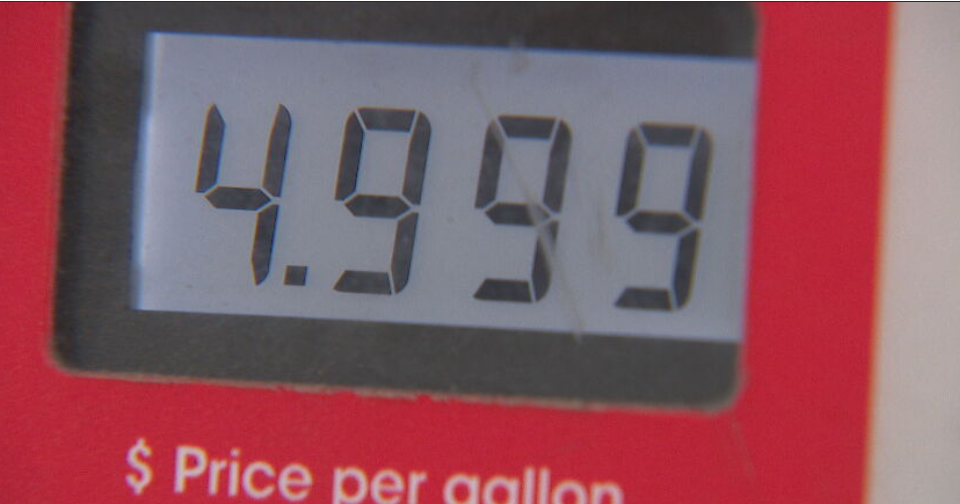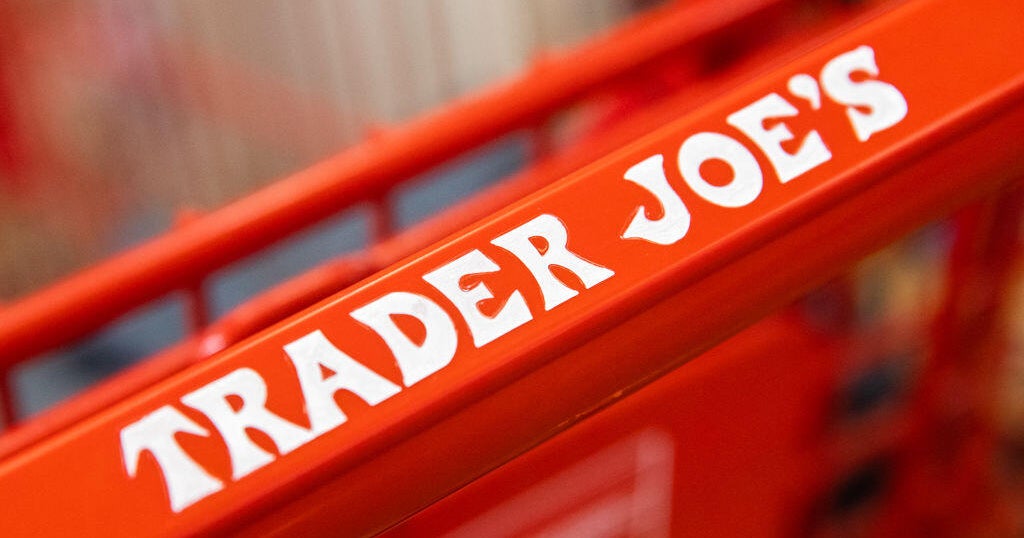Paying higher prices for groceries isn't just inflation, but part of a complicated equation
Grocery prices are high. The most recent government report on inflation confirms it. The report reveals prices rose for eggs, chicken, milk, bread, produce and ham.
Stephen Koontz, a professor in the Department of Agricultural & Resource Economics at Colorado State University, says it all started with the shutdown of the economy.
"It's fairly easy to turn a spigot off, when you turn the spigot back on the water does not have to come right back on," he said.
Koontz says it's taking producers time to get back up to speed. A major obstacle to that is labor. Producers have to replace those workers they let go during the shutdown. Many may not want to come back.
"A lot of those folks have a better job," Koontz said.
He says another factor leading to high food prices is rising production costs. Especially fertilizer which is created using natural gas which is also more expensive these days.
"In my mind, that's really related to the Russian invasion of Ukraine," said Koontz.
Add on top of that dry weather which creates lower production and uncertainty in the market.
"So that creates higher prices and a bit of a rush to do business," said Koontz.
To see prices start to fall, Koontz says one of these things needs to change. If not, high food prices could continue through 2023.
"It's going to take weather cooperating. It's going to take, I believe, a major if not total solution to the conflict between Russia and Ukraine. You know, a nice wet winter and less conflict in the world will help a lot," said Koontz.











